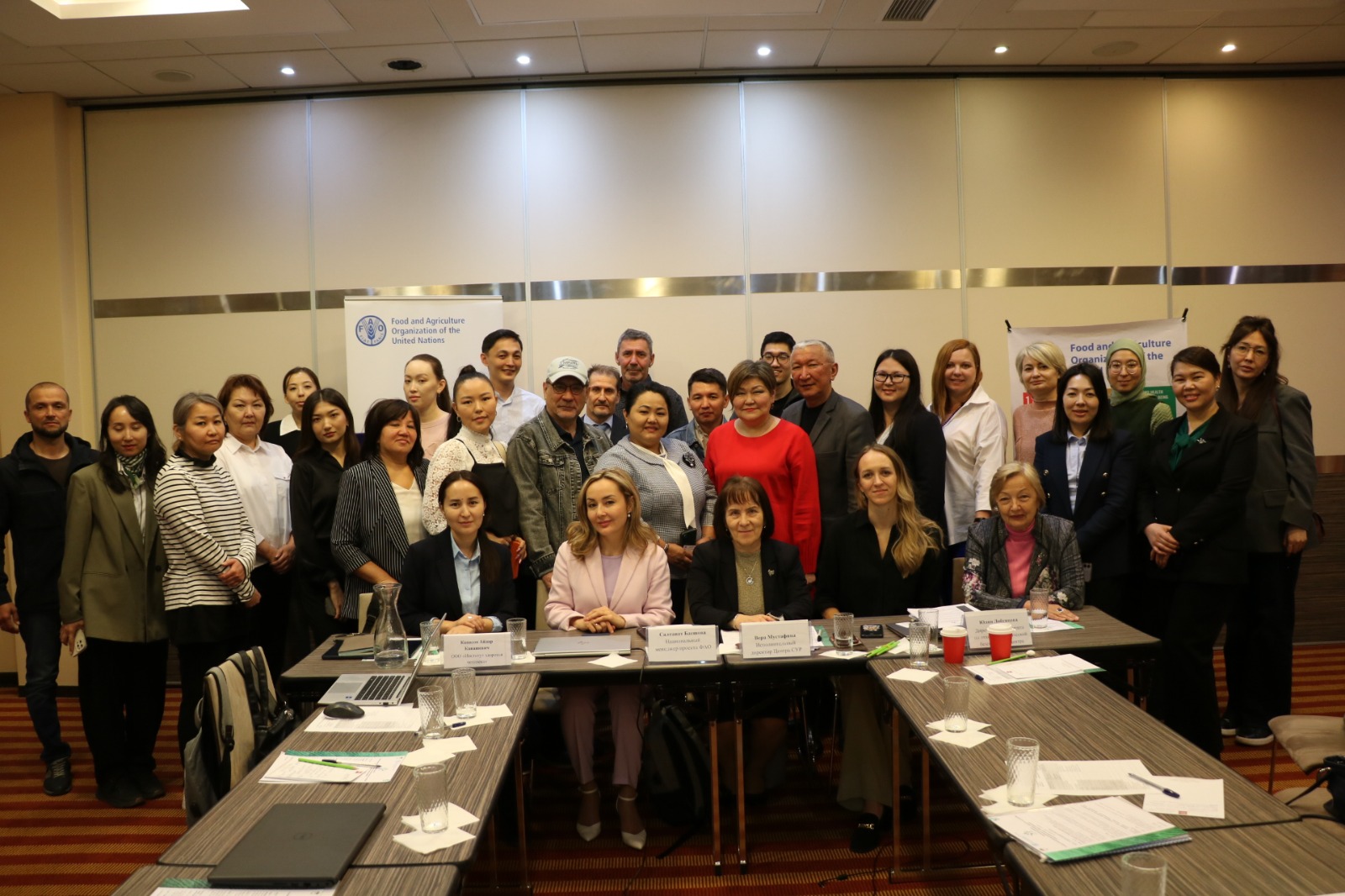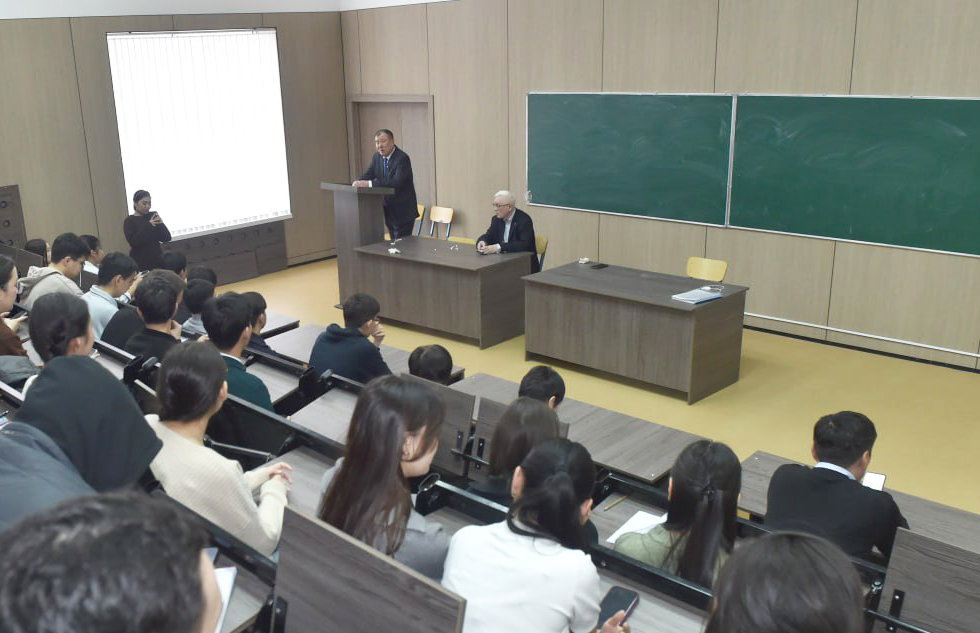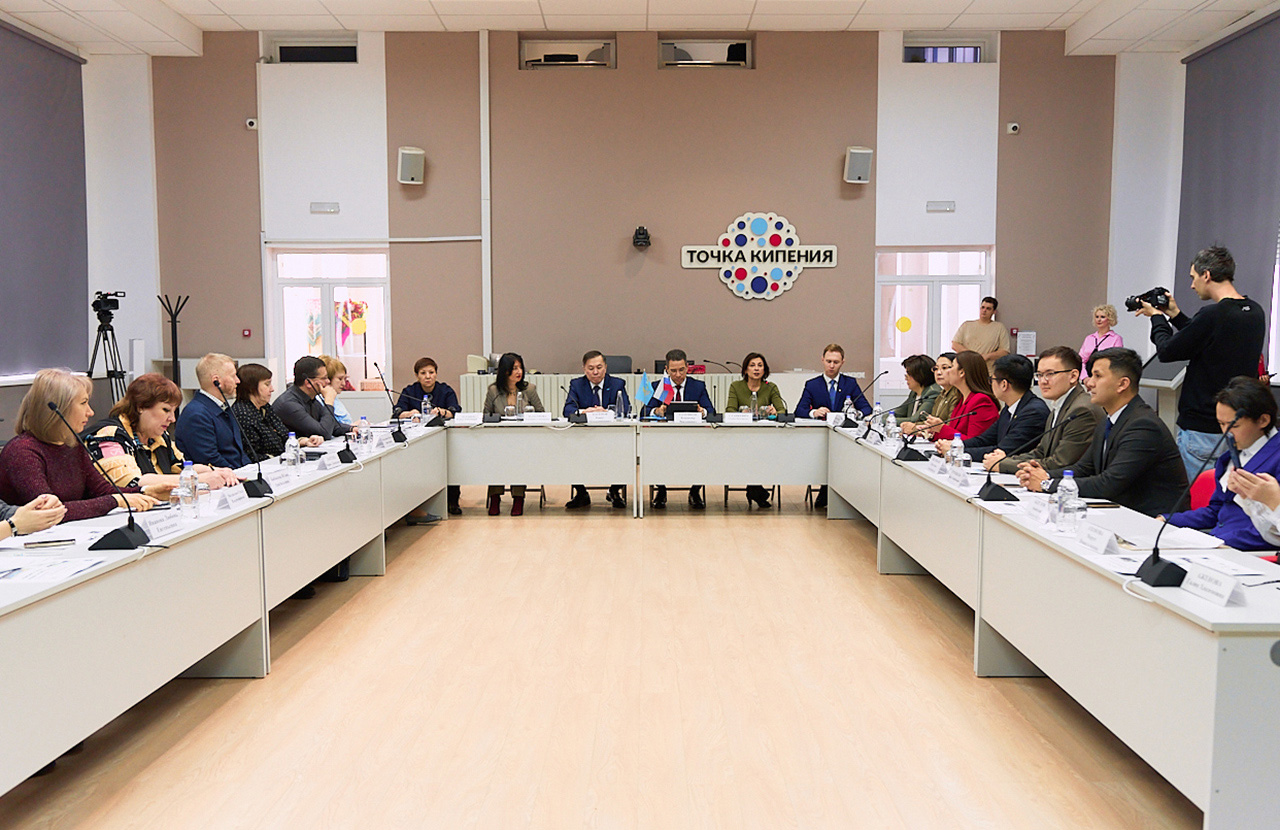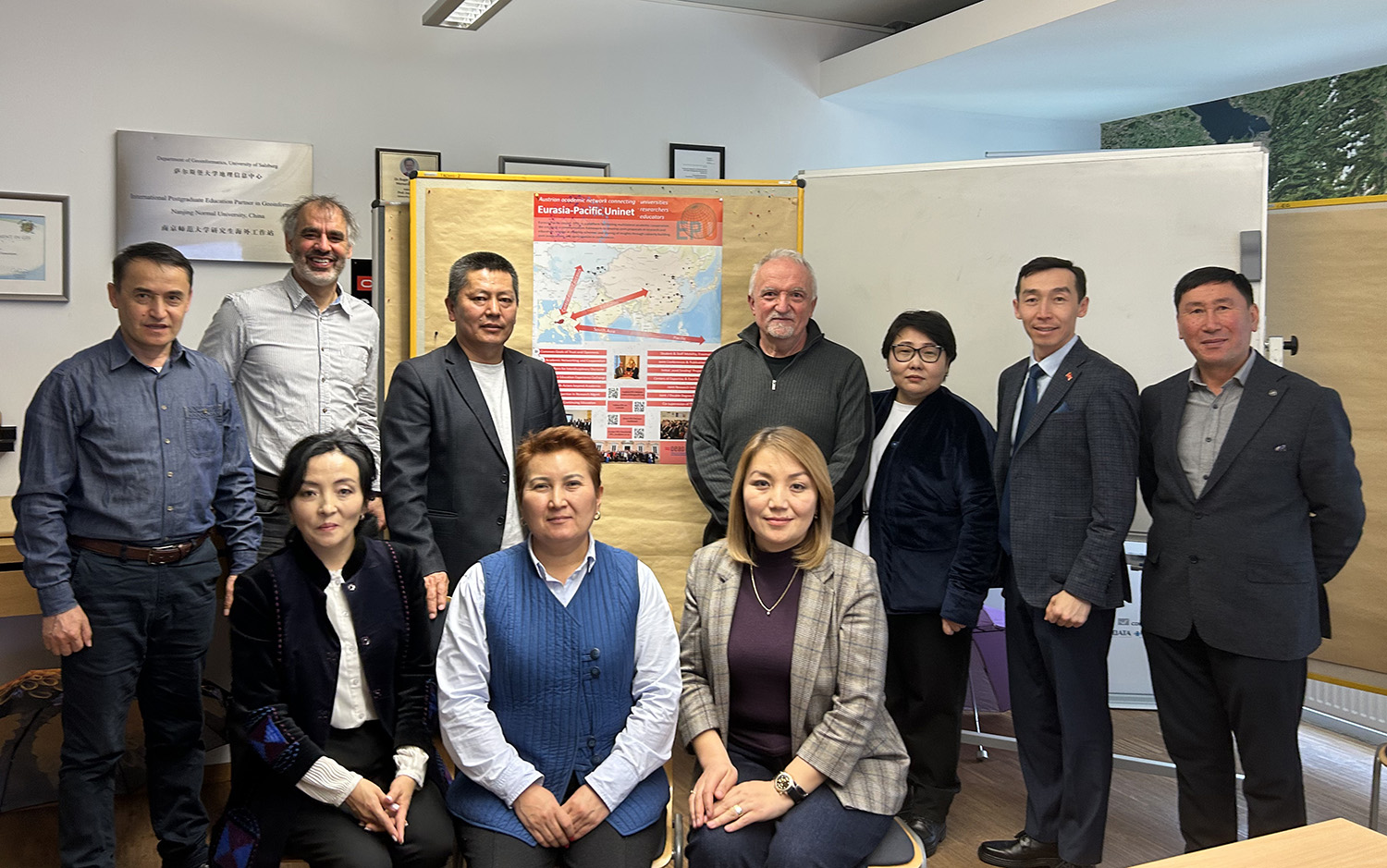WHAT IS THE DANGER OF PESTICIDES FOR HEALTH AND HOW TO PROTECT YOURSELF – FAO TRAINING

On April 26, 2024, in Astana, Senior lecturer of the Department of Customs, Financial and Environmental Law, Doctor of Philosophy (PhD) Yerezhepkyzy Roza, as part of the implementation of Goal 12: passed the training "Persistent organic pollutants and pesticides: danger to health and the environment and management measures". The training is conducted by the Center for the Promotion of Sustainable Development with the support of the Food and Agriculture Organization of the United Nations (FAO). During the training, participants learned how pesticides containing pops and heavy metals affect the environment and human health; how to identify and minimize risks; about the situation with obsolete pesticides in Kazakhstan, etc.
In Kazakhstan, FAO experts have begun work on finding alternative methods of pest control. Field tests have shown that Kazakhstani farmers can reduce the use of pesticides by up to 60-70% through the use of biological pest protection methods. This will preserve soil fertility, clean water sources, biodiversity and food safety.
Within the framework of the FAO/GEF project "Pesticide Lifecycle Management in Central Asia and Turkey", the national Network on Chemical Safety, POPS and obsolete pesticides "ToxicNet" was established. The purpose of ToxicNet's activities is to raise public awareness of the safe handling of toxic substances, including persistent organic pollutants (POPS) and obsolete pesticides.
FAO (Food and Agriculture Organization of the United Nations) is a specialized agency of the United Nations, created to address global challenges in the field of agricultural development. FAO has more than 194 Member States. The partnership between Kazakhstan and FAO has been developing since 1997.



